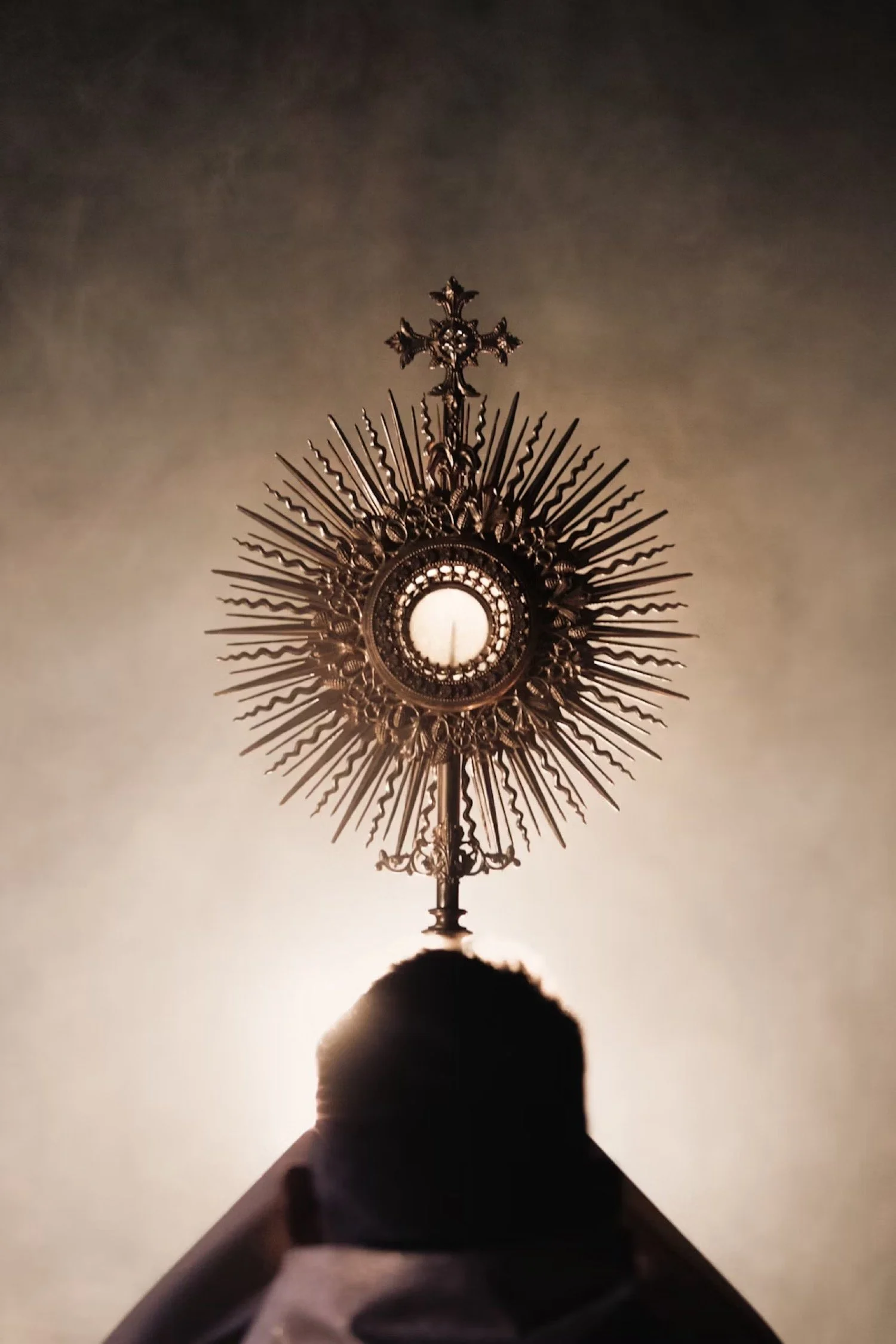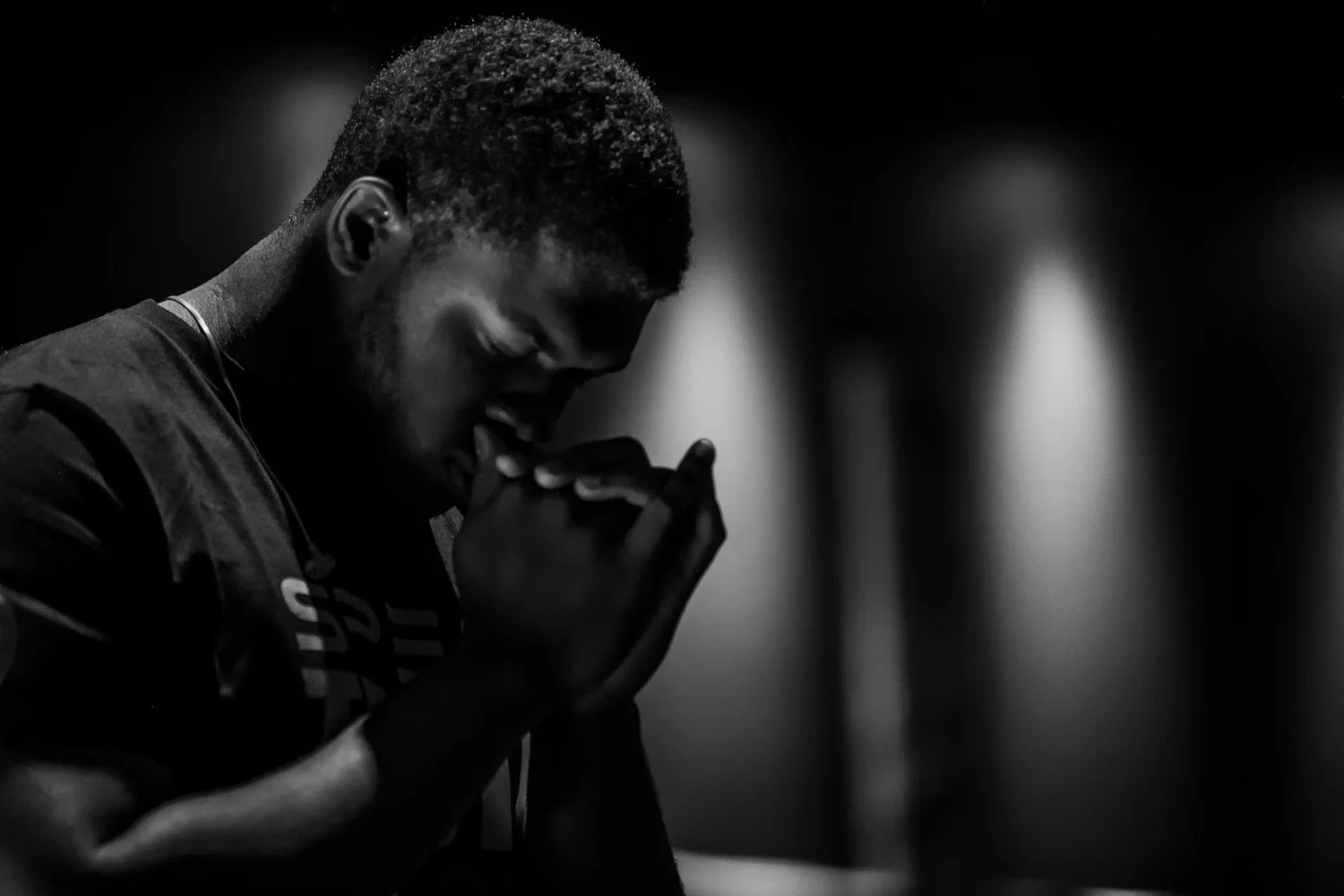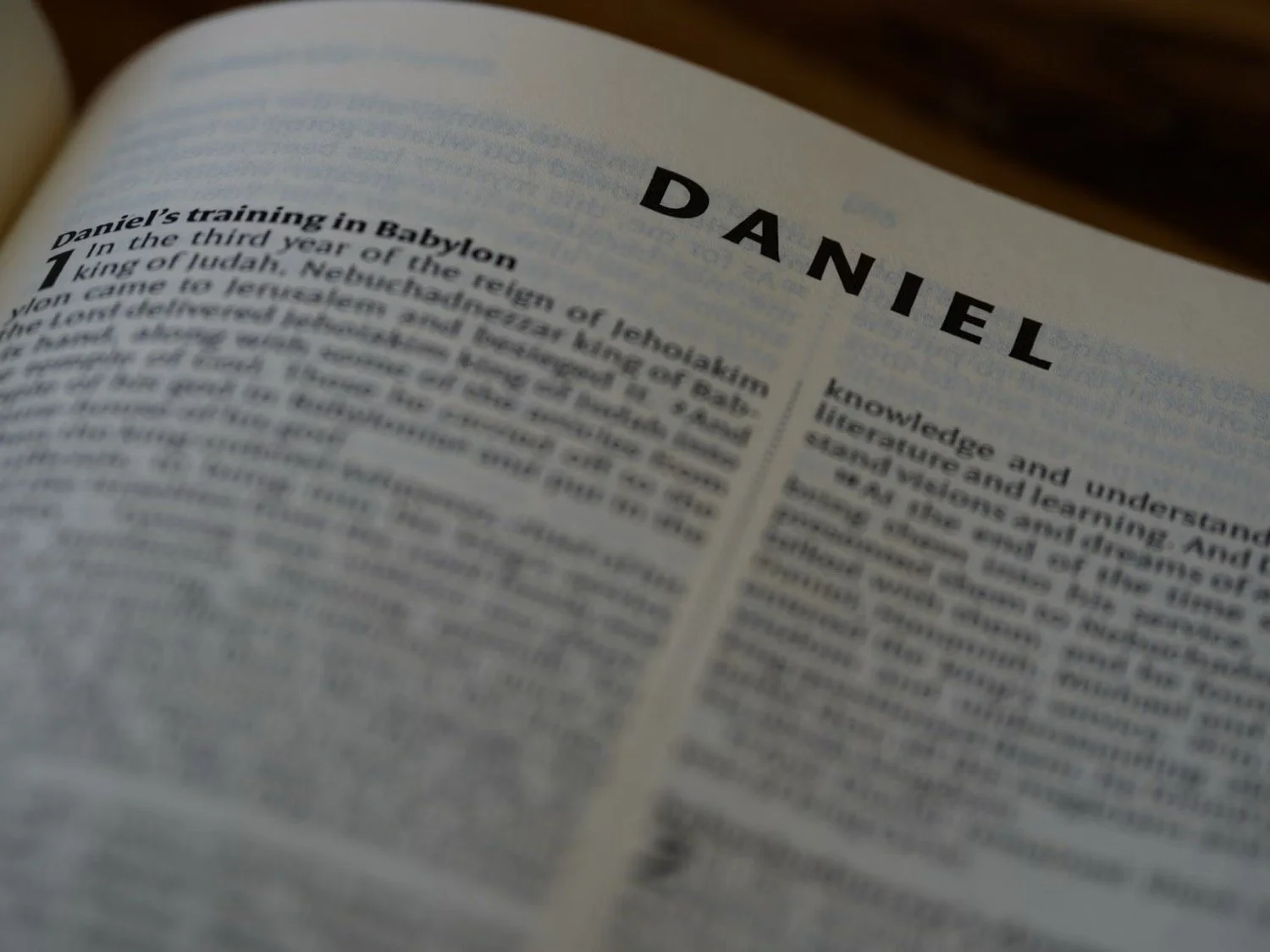Readings for the day: Numbers 21, 22, 23, 24
When I first became a Christian, I started eating at this little pit BBQ place off Arapahoe in Boulder. It was owned and operated by an amazing man named Bruce. Bruce was the son of the famous “Daddy Bruce” who served the homeless of Denver for so many years, making sure they got a full Thanksgiving dinner. Bruce Jr. was cut from the same cloth as his father. He not only served the homeless of Boulder well, he also was a strong believer in Jesus Christ. I don’t know that I’ve ever met someone quite like him. He literally could quote you chapter and verse from the whole Bible. He would quiz me every time I came in before he would make me any food. He would tell the best stories about how God had worked in his life. One day, he was sharing with me his frustrations with how biblically illiterate Christians tend to be. He was a black Baptist preacher and could preach with the best of them. I still remember the crescendo of his sermon that day...”Doug, when I’m in need don’t you give me Footprints in the Sand! I don’t need no Prayer of Serenity! Tell me about the donkey that spoke! Now that’s in the Bible!” I still chuckle to this day every time I think of it!
Today we read a crazy story about a fortune-teller named Balaam and his donkey. Israel is moving towards the Promised Land. God is going to fulfill His promise to Abraham. But it won’t be easy. The land is already occupied. There are forces arrayed against them along the way. Nations and tribes and cities whom they will have to fight in order to claim this promise as their own. Arad. Amorites. Bashan. All fall before Israel. All are put to the sword. Devoted to destruction. And now it’s Moab’s turn. (If you remember, the Moabites are descendents from Lot who was Abraham’s nephew. His oldest daughter got him drunk and slept with him in order to get pregnant. So these are distant cousins of Israel.) One can almost imagine living in those days. Getting word of a new superpower rising from slavery. Defeating the Egyptians. Overrunning all who oppose them. Fear and trembling seize the Moabites. So Balak, their king, sends for Balaam. His hope is that Balaam will use his magic to put a curse on Israel, thus weakening them so they can be defeated. But Balaam is visited by God. God commands Balaam not to go with the princes of Moab. However, Balaam eventually relents before the pressure and promises Balak brings to bear. So he mounts his donkey and begins his journey. It’s not long before the donkey freezes in its tracks. It can see the angel of the Lord blocking their path. Balaam, in his blindness both physically and spiritually, is unaware. God opens the mouth of the donkey (insert your favorite Shrek scene) and speaks to Balaam. The net result of all this is that Balaam will indeed go to Balak but will only speak blessings over Israel.
So what are we to make of all this? Magic? Fortune-telling? Donkeys that speak? The point here is that God uses all things to accomplish His purposes. Even our superstitions. Remember when Jacob peeled poplar and almond trees in order to breed a specific kind of goat and sheep in Genesis? Does anyone actually believe the power was in the trees? Or was it God using even Jacob’s foolishness to accomplish His purposes? Or what about the bronze serpent on the pole? Is it really the talisman that saved Israel from the poisonous snakes that were killing them? Or was it God using even their delusions to deliver them? Think about the fallacies we live with today. The “invisible hand” of Adam Smith from his famous book, Wealth of Nations. The myth of universal human rights in a world where every tribe or nation seems to place a different value on human life. The notion that democracy is transcultural and can be universally applied in the way we apply it here in America. (A mistake that is costing us dearly in Afghanistan and Iraq...) The reality is we too believe in magic. We too believe in myths. They may be couched in more sophisticated language and political or economic theory but they are fairy tales nonetheless.
So what’s a Christian to do? We have to push past our superstitions and look to God. We have to push past the “bronze serpents” we create and stop looking to “fortune-tellers” to show us the way. We have to dig deep into God’s Word. We must fix our eyes on Jesus! See Him lifted high on the cross! Paying for our sin! Showing us the way home! Showing us how to live a life with and for God! He is our only hope! He is greater than any bronze serpent! He is wiser than any Balaam! He is the Way, the Truth, and the Life!




